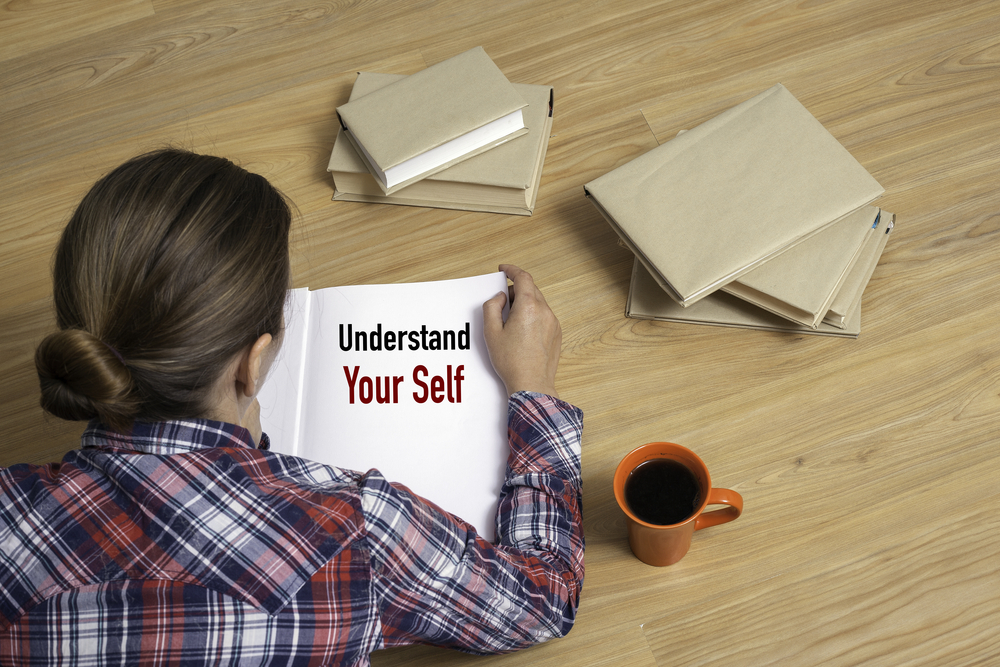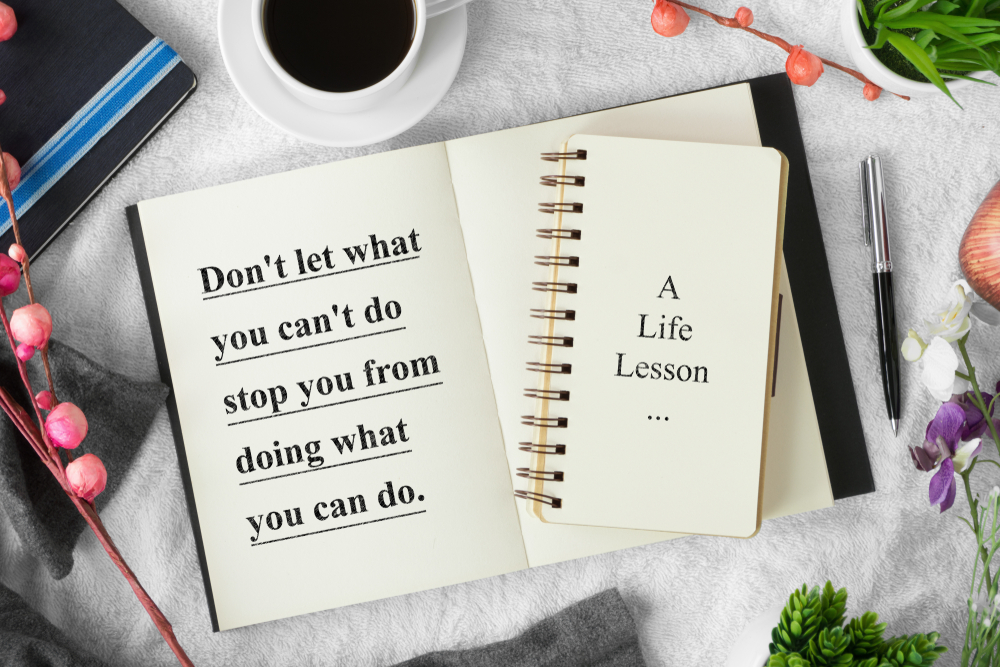Genre Focus: Self-Help
Reading a self-help book is like having an extremely wise best friend. Rather than containing the more informal nature of how-to books, self-help books at large are incredibly personal. When writing a self-help book, you’re becoming your reader’s stand-in best friend and mentor. You’re helping them through their breakup or helping them defeat their alcoholism or even (in a broad sense) teaching them how to love themselves. These are incredibly personal things and you’ll be holding your reader’s hand (metaphorically, of course) as they go through these trials. That can be an immeasurably difficult thing to do through a pen and paper. For those hoping to be that comforting shoulder for their readers to rest their heads, here are some tips:

1) Draw on personal experience
The subject matter that you choose for your self-help book should be one that you personally have experience with. So let’s say you’re choosing the topic ‘How to Overcome Depression’- it could be that you have a master’s degree in psychology or it could be that you personally have had–and eventually overcame–a struggle with depression. But don’t shy away from all of the personal, intimate, and uncomfortable details that come along with your experience. The whole point of a self-help book is, fairly obviously, to help. You have to approach the book knowing that the way you overcame a challenge may help others to overcome that same obstacle in their lives. The sacrifice you’re making by putting yourself fully on display could end up drastically changing a lot of lives for the better. So, in the initial stages, you need to overcome any reservations you still have within yourself.
2) Use research to back up your theories
If you’ve been inspired to write this book because of your own personal experiences, that’s a wonderful thing. But you shouldn’t be relying solely on your personal experience, either. If you want the book to really help people, you’ll need to do a ton of research on your subject material as well so you can back up your claims and figure out the best way to advise your audience. For example, perhaps you are writing a book about overcoming an abusive relationship. Give examples of your life experience, but also do some research about abusive relationships. Read other self-help books to learn more about your own motives in your experience. Find statistics on abusive relationships and the psychology behind why people stay with abusive partners. It may even be helpful to reach out to a psychology expert or two to get their insight on certain factors and their advice on overcoming them. You don’t want to write this book as an account of abuse, but rather as someone who overcame that, and, looking back, now has the wisdom to advise others.

3) Balance past knowledge with present understanding
One of the more important aspects of writing a self-help book that draws on your personal experience is finding a way to balance your past and present selves. You want to present your past experiences in a detailed way, rather than merely factual. You want people to feel the struggle and the emotion that accompanied the experiences you’ve overcome. To accomplish this, you’ll want to employ some fiction writing techniques, writing detailed scenes from your past self’s perspective.
However, don’t make the mistake of writing a memoir instead of a self-help book. What differentiates these primarily is that the main focus of the self-help book is displaying practical steps to help people overcome the struggles you went through, versus reading a detailed account of your experiences. Make sure that any flashbacks you detail from your experiences also have the presence of your much wiser present-day self. Pepper in observations that you’ve had about these moments since they’ve past or realizations on why these moments, in particular, have stayed with you. Have an aside in the narrative saying things like, “I’ve often wondered why I didn’t stop then” or “This moment has always stuck with me because…” These asides are good transitions to be able to give the reader the advice that they’re supposed to be getting from witnessing your experience.
4) Decide how you want to present your information
As previously stated, the main differentiator between self-help and a memoir is that the structure should prioritize the direct advice over the telling of a story. So, rather than go in chronological order detailing the events of your life, we recommend structuring your self-help book in sections based on specific things you learned from your experience. For example, let’s use the ‘overcoming abuse’ book example. One of your chapters could be ‘why people stay with their abusers.’ The beginning could detail psychological insights on the matter, perhaps even some quotes from a few of the experts you’ve interviewed. This leads into your own experience, presenting the reader with one or two specific flashbacks to your life that illustrates the points you’ve learned from your research (peppering in advice for avoiding your mistakes).

5) Create an Outline
When you’re writing something with so many different elements intertwining, it can be extremely difficult to stay organized. We highly recommend creating an outline for your book before you even begin writing. If you were inspired to write this through your own personal experience, that’s the best place to start. Make a list of all of the specific moments/memories from your life that you feel should be included in your book. Only pull memories that you feel had a valuable and clear lesson that a reader could learn from.
Next, group memories together that have a similar lesson or relating factor. Once you start to notice patterns in the lessons that the memories show, create chapter titles and write the specific memories that will be relayed in each section. Then, dive into your research about each of the topics that the chapters outline. After you finish your research and have all of the necessary tools and sources to write your book, create an order for the chapters that you feel will convey the information in the most effective way. For example, if you’re writing a book called ‘Lessons You Learn After Divorce’- it may be helpful to put the chapters (lessons) in the order that you learned them.
